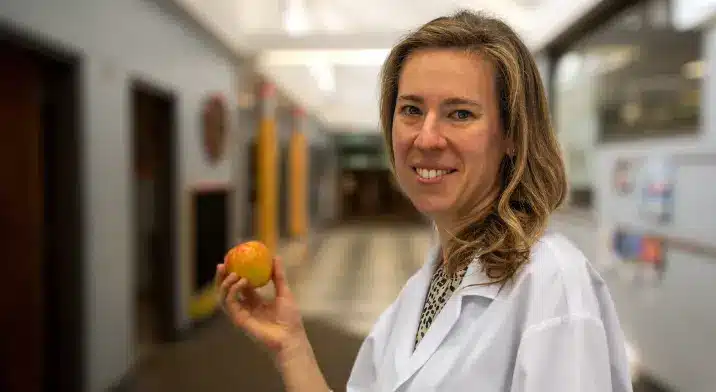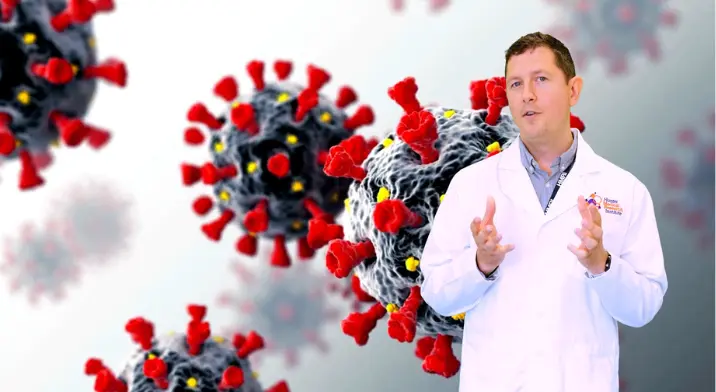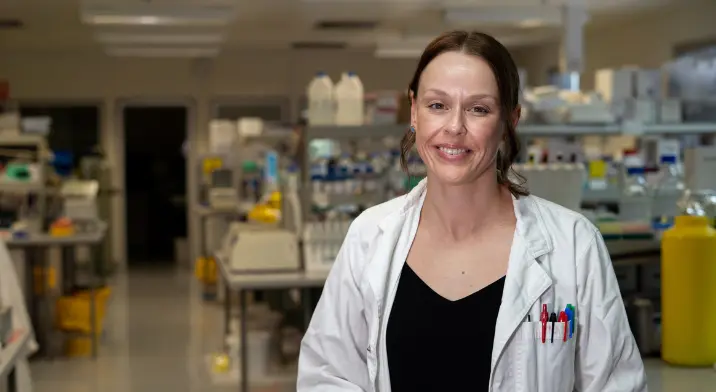Dr Carlos Riveros is a distinguished researcher with a multifaceted career spanning theoretical physics, industrial applications, and bioinformatics.
He obtained his MSc and PhD degrees in Physics from the National University of La Plata, Argentina, specialising in Theoretical Particle Physics, Gravitation, and Cosmology. postdoctoral work at the University of Texas, Houston, saw him significantly contribute to geophysics and oil exploration projects.
Transitioning into industrial roles, Dr Riveros honed his software engineering and management expertise across sectors such as geophysics exploration, industrial automation, and power generation in Argentina. In 2008, he joined the University of Newcastle in Australia, focusing on bioinformatics and precision-based medicine.
As the Head of the Bioinformatics and AI Stream at the Hunter Medical Research Institute, Dr Riveros leads research in bioinformatics, artificial intelligence, and health informatics. His work emphasises leveraging AI and computational methodologies to advance the understanding of complex biological systems, significantly impacting healthcare research.
Dr Riveros completed a Master of Medical Statistics at the University of Newcastle, specialising in Longitudinal Data Analysis, enhancing his ability to tackle intricate research challenges.
He has authored 47 peer-reviewed articles and contributed to pioneering projects such as the FaceMatch project for neurodevelopmental disorder diagnosis and wearable activity tracker data analysis for stroke survivors.
His innovative contributions to algorithm design, including multi-omics integration and GPU-accelerated gene interaction scanning, underscore his role as a leading authority in his field.
Dr Riveros’s multidisciplinary expertise continues to drive advancements in bioinformatics, artificial intelligence, and precision medicine.













